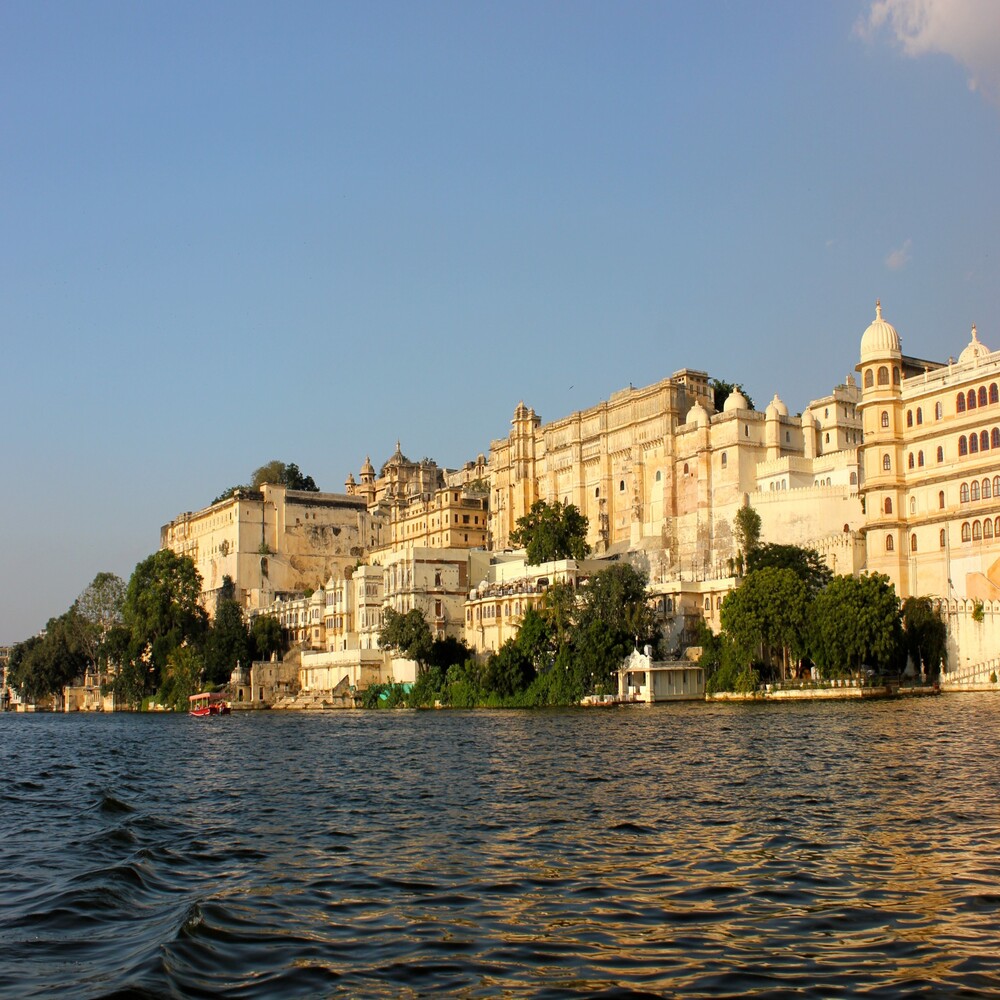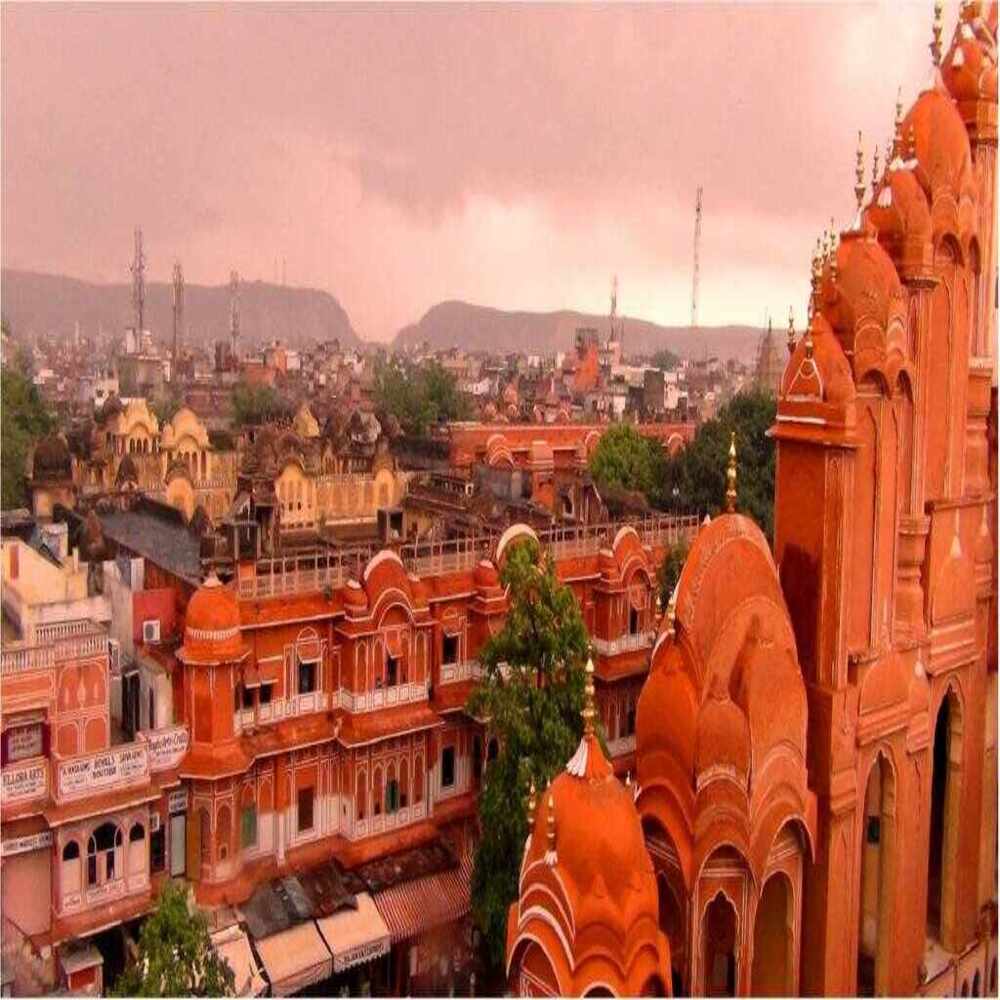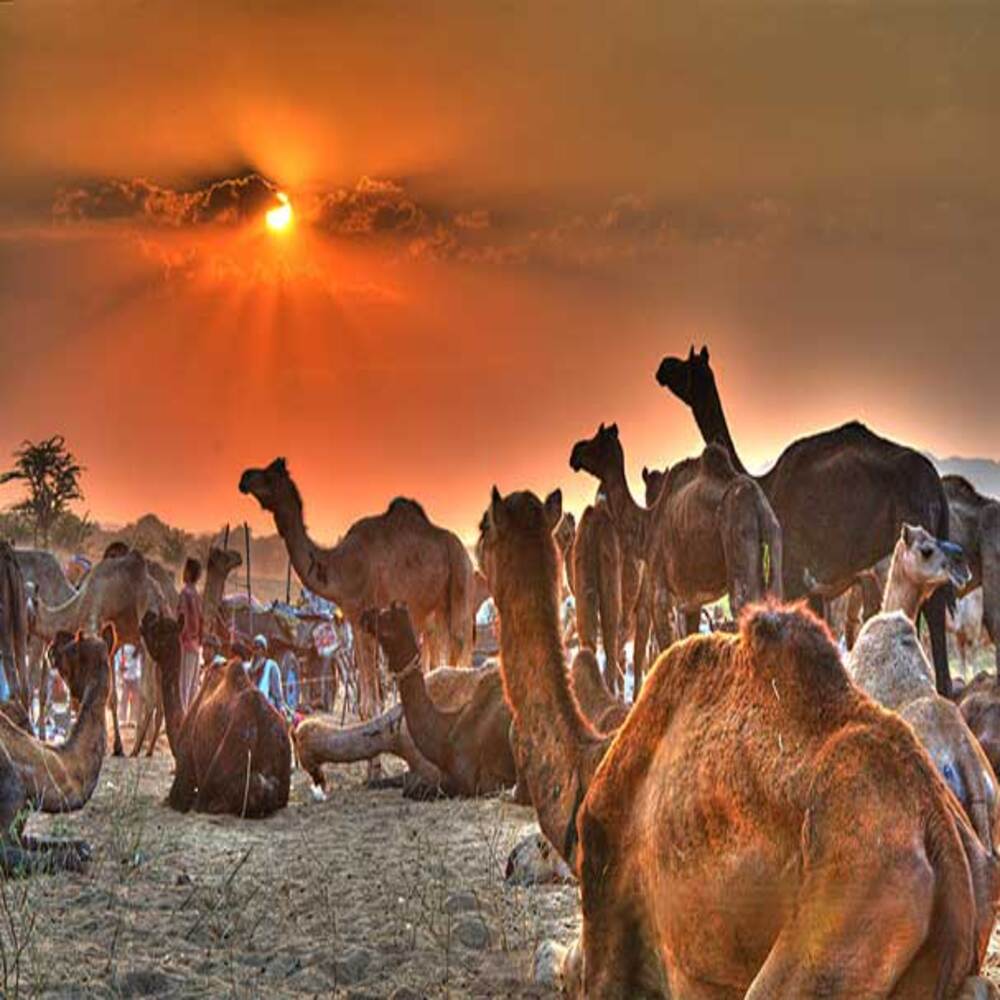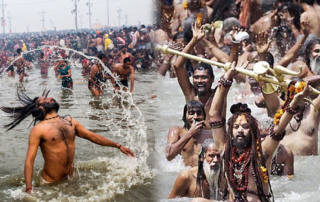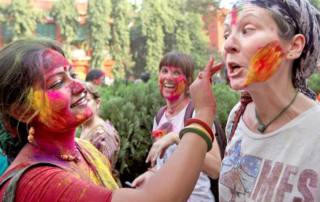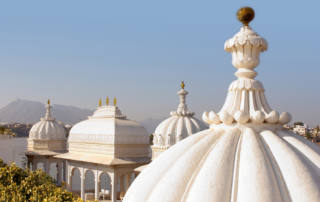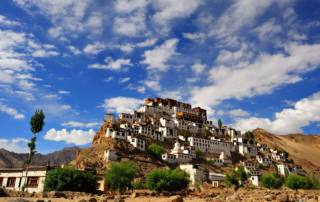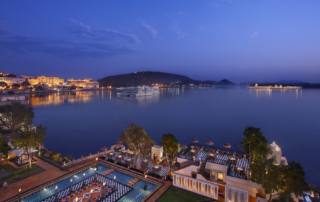8 Days/7 Nights
Want to Know More About The Tour?
ABOUT
The Pushkar Fair occurs every year in the Hindu month of Kartik (November), During this period Pushkar and its environs come alive as the much awaited annual camel & cattle fair begins at Pushkar. Hotels are full to their capacity, tents and campsites suddenly spring up to accommodate the thousands of pilgrims, tourists and villagers with herds of cattle, horses and camels who come here to participate in this grand annual event.
Pre-departure planning is important. Here are certain things you should watch for and plan for.
Visas
Check with the Indian consulate or embassy in your country to find out if you will need a visa to visit the country of your destination, especially for an extended period of time. Some countries have extremely detailed and complicated entry/departure laws and treat visits of a week or two very differently from longer stays.
Money
If you’re traveling to one area, check the cost of living there. If it’s high you’ll probably want to budget more carefully and save some money before leaving. The lower the cost of living the less you’ll have to save, but be sure to have a backup reserve in emergency cases.
General Tips
Talk to other people who have done a similar trip.
If you don’t know anyone personally, try any of the dozens of online travel websites full of first-person travel stories covering every possible type of trip.
Plan big and loose. Read everything you can about the area.
There may be sights and attractions you didn’t know about. A rough outline of your trip might have three or four target points and a variety of ways to get between them.
You don’t want to find out that the weather isn’t what you thought, or the guide book was incorrect, after committing to 6 weeks in a specific spot.
Some trips will allow you more leeway than others. Travel plans in Asia can often be made day-by-day while summer travel in Europe should be organized at least a few weeks ahead, unless you’re prepared to hunt around for hotel rooms and train seats.
Set up a pre-trip time-line so you don’t end up with a full todo list your last week of work or school.
Things to consider are doctor’s visits for a check up, inoculations, and prescription refills; purchasing plane tickets; renewing passports and obtaining visas and other documents.
Check your insurance coverage abroad and purchasing additional travel insurance if needed. Don’t forget visiting friends and family members!e
The longer the trip, the lighter you should pack. This might seem strange, but it’s true you can afford to lug a heavy bag around for a week or two, but do you want to have anything extra for a year?
Stick to the absolute basics and know what you can and cannot buy at your destination(s). There’s no point in bringing 6 months of toothpaste to Europe or buying a sarong at home to take to the tropics. If you are visiting several climates, try to arrange it so you visit the warmer places first and coldest last. That way you can purchase sweaters and long pants and not have to carry them any more than needed. Alternately, visit cold climates first and then ship unneeded layers home — or sell them off.
A good rule of thumb is to bring one outfit for the hottest day you’re likely to encounter, one for an average day, and one for the coldest.
Make sure everything goes with everything else (if that’s important to you), and remember that layers are always best.
Be prepared for uncomfortable trips. You will often find yourself in a busy, cramped, economy class environment and it could be for many hours – especially long plane trips.
If you want to arrive at your destination refreshed and able to enjoy the sights, then try a good quality travel pillow to support your head, some ear plugs to block out the screaming babies, and an eye cover to block out the sun or cabin lights.
Just avoid those cheap U-shaped pillows from airport shops – your head drops forward and you wake up with a stiff neck.
Make contact with the locals before you go.
Maybe you have a friend-of-a-friend or a foreign exchange student from high school you remember, or just found a friend through a travel web site; almost everyone is happy to welcome a foreign visitor to their home town. This might be as elaborate as a home-stay for a few weeks, or just coffee in their home town or dinner at a locals restaurant.
Getting Around
Make your own way or if there are too many great things to see, follow the lead of a guided tour.
A perfect city for exploring on foot with a shop around every corner. Much of the inner city can be walked without trouble, however, in parts walking includes crowds, uneven streets, heavy traffic, and skinny sidewalks. If that’s a problem, there are plenty of taxis to ride in and scooters to rent.
How to Travel
- Subway – The metro is the fastest transportation. Running 5 am to 10 pm every day in all Major Cities of India.
- Bus & Train – Operated by an independent organization, buses, and trains include wifi access for the public. You can take any bus or train marked with the (B Public) sign for free.
- Taxi – Available in all parts of the city. From a restaurant or hotel, you can have them call the city taxi service.
- Car – Rental cars are easy to get and hotels have good parking prices. Once in the main city, you can often walk so we suggest returning the when you arrive.
- Bike – The best way to get around, other than walking, is by bike. If you don’t mind hills, you can bike anywhere. If that’s not for you, stick to the inner city with your bike.
Mini Trips
Just a few miles away you can explore the history and legacy, drink wine and relax. You can wander the hills or be lulled by the fountains. If you have time, the attractions can fill 3 days. We’ve highlighted the best ones here.
Tours
Because of the number of sights to see, some first-time visitors should start with an organized tour. Some things can be covered in-depth, other are just useful for getting your bearings.
The leading tour operators use local historians to lead their tours. Guides offer walking tours, including visits to monuments, museums, and historic locations, as well as eating tours. Tour prices can be high, but most participants consider them a trip highlight. In addition, there are many family related tours, sights, and more appealing activities for children.
Walking tours, like the 3-hour ghost tour, is exclusive in the early evening. A bus excursion ruins special tours as you’ve never seen. Also worth consideration, a group of art historians and architects do a theatrical retelling of dramatic scripts. Go on a tour, expect guides to break out into a rendition of “Singing in the Rain”, it’s a lot of fun.
- Delhi – Jama Masjid, Red Fort, President House, Parliament House, Qutub Minar, Rickshaw Ride Chandani Chowk, Gurudwara Bangla Sahib
- Jaipur – Amber Fort , City Palace , Jantar Mantar & Elephant Ride
- Pushkar – Brahma Temple, Pushkar Fair ( Camel Fair )
- Udaipur – City Palace, Jagmandir Palace , Lake Pichola & Jagdish Temple
T ravel Resources
Travel planning is about more than just knowing where you’re going. Prepares to navigate, take control and be ready for anything. This section helps you steer clear of disaster and stay open enjoy the unexpected.
Quick Tips
- Banks – Open Monday to Friday 9am to 2pm. Some banks are closed for lunch.
- Emergencies – For police, dial a local phone number; for ambulance call a hospital.
- Internet Access – Wifi is standard in most hotels and free in many coffee shops.
- Mail – Buy stamps at the Post Office. Convenient post offices are located all cities. Most are open Monday to Friday 9am to 3pm.
- Safety – Pickpocketing can be a common problem. It is suggested for men to keep wallets in their front pocket. Purse snatching also occurs at times.
Visitor Information
This site contains information with a very personal and friendly structure. It also has great links to other related sites online.
Information, internet access, maps, and train passes are available at local Tourist Information terminals. These are located at various sites around the city. Expect a wait if you arrive late in the afternoon or during lunch time. Local travel agencies are also helpful for quick information and finding hotels. There is no service charge for these services. Hours are Monday to Friday 9am to 5pm, and Saturday 10am to 2pm.
Transportation
Getting in from the airport and other arrival locations. Travel planning is about more than just knowing where you’re going. Prepares to navigate, take control and be ready for anything. This section helps you steer clear of disaster and stay open enjoy the unexpected.
- Plane – Flights arrive at the main airport near city center. If flying from European cities, you might land at a connecting airport. There is a tourist information office at the Terminal E, international arrivals, open 8am to 6pm.
- Train – A train station is on the lower level of the airport. To get into the city, follow the marked signs.
- Taxi – From the airport there is a flat-rate for the 1-hour trip, depending on traffic. Hotels charge up to $80 for shuttle service.
- Train & Bus – Trains and buses arrive a city center. This is the transportation hub for the city and is surrounded hotels.
A perfect place for exploring on foot, with local shops around every corner. You will eventually walk somewhere, it’s just going to happen. If you don’t like crowds, uneven cobblestones, heavy traffic or narrow sidewalks, take a taxi or rent a scooter.
Day 1: Delhi
Today on reaching Delhi International Airport you will meet our representative and transferred to your Hotel. Later you will proceed for sightseeing of Delhi visit Rajghat, Jama Masjid in Old Delhi- the biggest mosque in India, Red fort, India Gate the war memorial built by the British, Rashtrapati Bhawan – one of the grandest presidential palaces in the world, Qutub Minar and Bangla Sahib. Overnight at Hotel.
Day 2: Delhi – Jaipur (Appx.260 Kms and 6 Hrs drive)
After breakfast leave for Jaipur – the city of Victory, also known as the Pink City. It is a city well conserved and living past with dramatic hilltop forts and wonderful palaces. Founded by Maharaja Jai Singh II in the year 1729 is known for its structural design, colorful traditions, and welcoming people. Upon arrival check in at your hotel. Overnight at Hotel.
Day 3: Jaipur
After breakfast visit one of the main tourist attractions located on the crafty hill – The Amber Fort constructed in 1592 AD, a royal elephant will take you to the vibrant entrance of the fort. Later enjoy a half-day city tour of Jaipur visiting the landmark – The City Palace and its museum. Just next to the entrance of City Palace is situated Jantar Mantar – The largest stone Observatory in the world built between 1727-33 AD and The spectacular Hawa Mahal (Palace of Winds) was built-in 1799 AD. Overnight at Hotel.
Day 4: Jaipur – Pushkar (Appx.150 km and 3 Hrs drive)
After breakfast drive by surface to Pushkar. On arrival check in at the hotel. Overnight at Hotel.
Day 5: Pushkar
After breakfast free to explore the Camel Festival. Overnight at Hotel.
Day 6: Pushkar
After breakfast free to explore the Camel Festival. Overnight at Hotel.
Day 7: Pushkar/Udaipur (Appx.290 km and 5.5 Hrs drive)
After breakfast drive by surface to Udaipur. On arrival check in at the hotel. The evening gets pleasure from a boat ride on the charming Lake Pichola and see the dynamic view of the sunset. Overnight at Hotel.
Day 8: Udaipur – Delhi – Departure (By Air)
After breakfast, you will proceed to visit the City Palace, built-in 1725, which houses the Dilkhush Mahal, Sheesh Mahal studded with glittering Belgium Mirrors, Moti Mahal, and the Palace of Lord Krishna all of which are ornately decorated, and Jagdish Temple. Later you will be transferred to Airport to board the flight for Delhi. Upon arrival at Delhi, you will be transferred to the Departure Terminal to board the flight for the onward Journey. (You must reach the Airport 3 Hrs before the flight departs from the Airport.)
Tour Ends…..
RELATED TOURS:

